As the year draws to a close, it’s an opportune time to reflect on your financial journey and set the stage for a successful year ahead. Year-end financial planning is a vital practice that allows you to take stock of your financial health, make necessary adjustments, and set meaningful goals for the coming year. In this article, we’ll guide you through essential steps to engage in year-end financial planning, helping you begin the new year on a strong foundation for financial success.
Year-End Financial Planning Tip: Review Your Financial Goals
Start your year-end financial planning process by reviewing the goals you set at the beginning of the year. Did you achieve your desired outcomes? Were there any goals that evolved or changed throughout the year? Take time to assess your progress and celebrate your achievements – even the small ones. If you determine that you fell short of certain goals, consider the reasons why and whether adjustments are needed.
Year-End Financial Planning Tip: Assess Your Budget and Spending
Analyze your spending patterns over the past year to gain insights into your financial habits. Did you stick to your budget? Were there areas where you consistently overspent? Look for opportunities to make improvements and reallocate funds to align with your priorities. Creating a budget for the upcoming year that reflects your goals and values will help you stay on track and make informed financial decisions. It can also give you a sense of greater control and empowerment about your finances.
Year-End Financial Planning Tip: Tax Planning and Optimization
Year-end is a crucial time for tax planning. Review your income, deductions, and potential tax liabilities. Consider whether there are any year-end strategies you can implement to optimize your tax situation. This might include contributing to retirement accounts, harvesting investment losses to offset gains, or making charitable contributions. Consult with a tax professional or financial advisor to be certain you’re making the most of available tax-saving opportunities.
Year-End Financial Planning Tip: Maximize Retirement Contributions
If you have retirement accounts, such as a 401(k) or an IRA, take advantage of the opportunity to maximize your contributions before the end of the year. Contributing the maximum allowable amount can provide both short-term tax benefits and long-term financial security. If you haven’t already done so, consider increasing your contributions to make the most of your retirement savings potential.
Year-End Financial Planning Tip: Review Your Investment Portfolio
Many people “set and forget” their investment portfolios, but you should consider conducting an annual review. Evaluate the performance of your investment portfolio and rebalance if necessary. Market fluctuations may have caused your asset allocation to shift from your desired targets. Rebalancing ensures that your portfolio remains aligned with your risk tolerance and long-term goals. Additionally, review your investments to assess whether they still align with your financial objectives and make any adjustments as needed.
Year-End Financial Planning Tip: Emergency Fund and Savings Goals
Check the status of your emergency fund and other savings goals. Your emergency fund serves as a safety net in times of unexpected financial challenges, so work to ensure it is adequately funded to cover three to six months’ worth of living expenses. Assess progress toward other savings goals, such as a down payment for a home or a vacation fund, and adjust your contributions accordingly.
Year-End Financial Planning Tip: Estate Planning and Beneficiary Designations
Year-end is an ideal time to review and update your estate planning documents, including wills, trusts, and beneficiary designations. Life events such as marriage, divorce, or the birth of a child can impact your estate plan. Make sure your documents accurately reflect your current wishes and that your beneficiary designations are up to date, as they override your will.
Are You Taking These Year-End Financial Planning Steps?
Year-end financial planning is an essential practice that sets the tone for a strong and prosperous new year. By reviewing your financial goals, assessing your budget, optimizing your taxes, maximizing retirement contributions, reviewing your investment portfolio, bolstering your emergency fund, and updating your estate plan, you’ll position yourself to start the new year on solid ground. Remember, proactive financial planning empowers you to take control of your financial future and make informed decisions that align with your aspirations and values. As you engage in year-end financial planning, you’re setting the stage for a year filled with financial success and peace of mind.
Would you like a partner in preparing your finances for the year ahead? At Principal Preservation Services, we are committed to helping you work toward a more secure financial future. Our friendly, experienced team is available to answer questions about our services and help you determine whether we’re the right fit for your needs, so contact us today to schedule a complimentary financial review.









